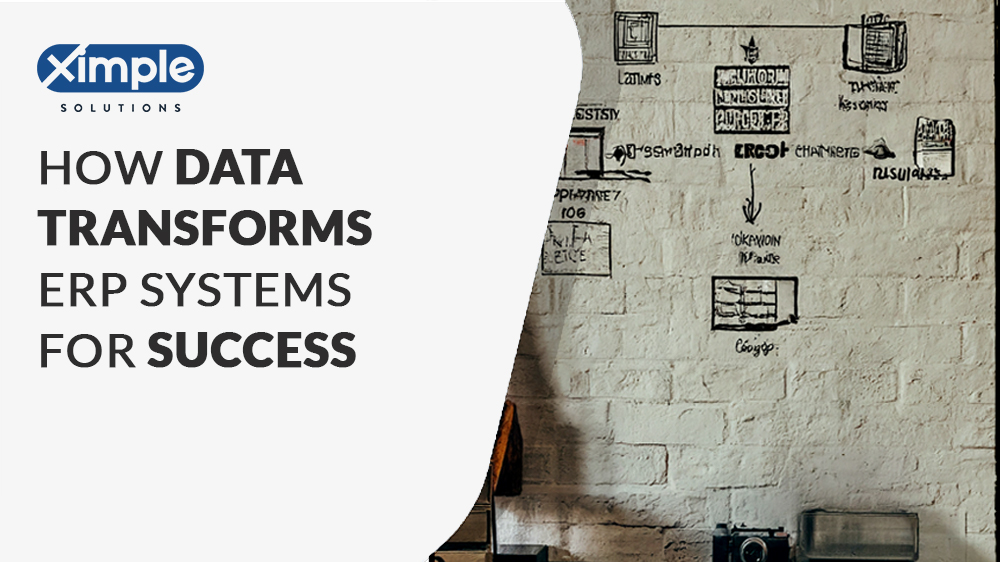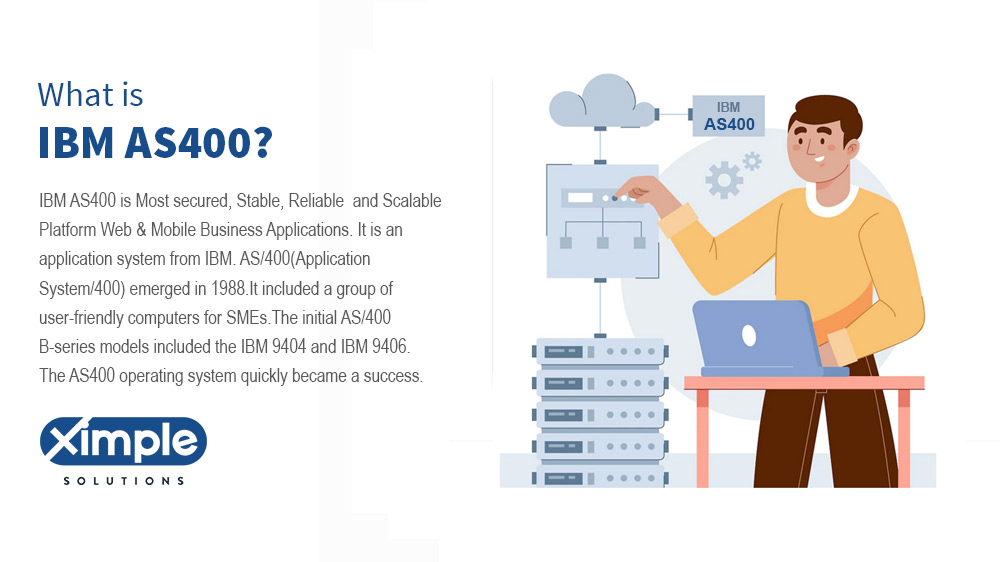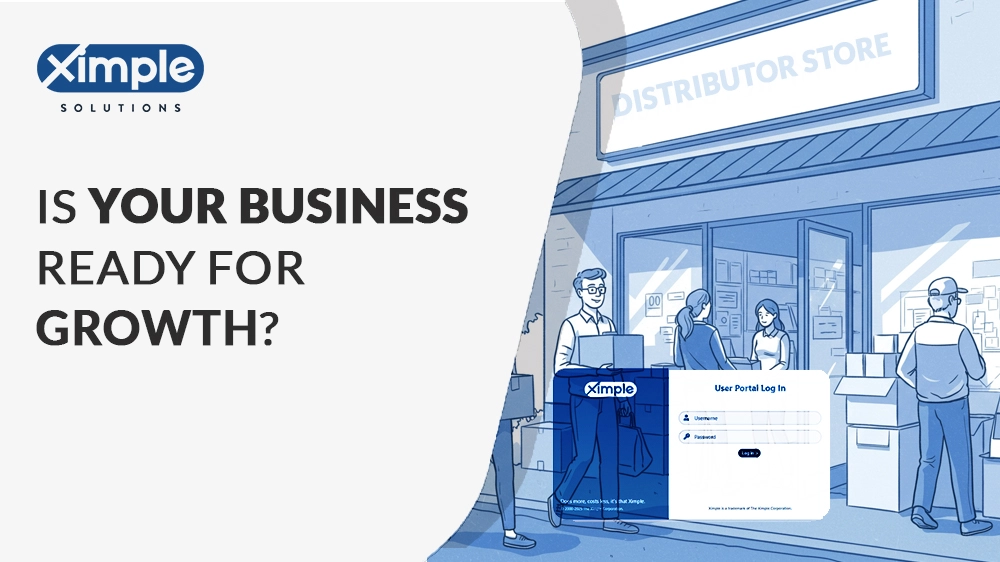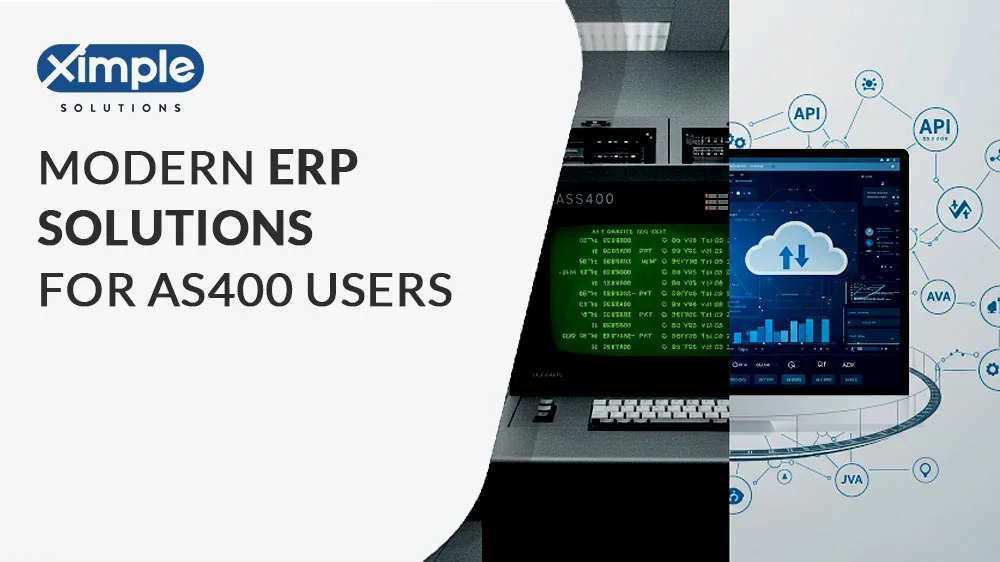The Critical Role of Data in ERP Systems

In the evolving world of business technology, Enterprise Resource Planning (ERP) systems have become essential tools for organizations seeking to streamline their operations and enhance efficiency. Central to the effectiveness of ERP systems is data. Accurate, timely, and comprehensive data forms the backbone of any successful ERP implementation. This blog will explore the critical role of data in ERP systems and how it can transform business operations.
Understanding the Importance of Data in ERP Systems
- Centralized Data Management: One of the primary benefits of an ERP system is centralized data management. This means having a single source of truth for all business operations. By consolidating data from various departments such as sales, inventory, procurement, and finance, ERP systems eliminate data silos, ensuring that all stakeholders have access to consistent and up-to-date information.
- Improved Decision Making: Data-driven decision-making is a significant advantage of using ERP systems. Organizations can analyze real-time data to make informed decisions quickly. For instance, accurate inventory data can help prevent stockouts and overstock situations, optimizing inventory levels and reducing carrying costs. According to a report by McKinsey, companies that leverage data-driven insights can achieve a 6% improvement in profits.
- Enhanced Customer Relationship Management: Maintaining strong customer relationships is vital for any business. ERP systems with integrated Customer Relationship Management (CRM) modules provide a comprehensive view of customer interactions, preferences, and purchase history. This data enables businesses to personalize their services, anticipate customer needs, and enhance customer satisfaction. A study by Salesforce indicates that 79% of business buyers expect personalized interactions based on their purchase history.

Key Data-Driven Features of ERP Systems
- Inventory Management: Efficient inventory management is crucial for any organization. ERP systems provide real-time visibility into inventory levels, allowing businesses to track stock movements, manage reorder points, and optimize warehouse operations. With accurate data on hand, businesses can reduce excess inventory, minimize stockouts, and improve order fulfillment rates.
- Demand Forecasting: Accurate demand forecasting is essential for optimizing supply chain operations. ERP systems leverage historical sales data and market trends to predict future demand accurately. By using advanced analytics and machine learning algorithms, businesses can plan their inventory purchases more effectively, ensuring they meet customer demands while minimizing excess stock.
- Financial Management: Financial management is a core component of any ERP system. By integrating financial data from various departments, ERP systems provide organizations with a comprehensive view of their financial health. Real-time financial reporting, budgeting, and forecasting capabilities enable businesses to make informed financial decisions, manage cash flow, and ensure regulatory compliance.
- Supplier Relationship Management: Maintaining strong relationships with suppliers is critical. ERP systems facilitate efficient supplier management by providing data on supplier performance, order history, and lead times. This information helps businesses negotiate better terms, manage supplier risks, and ensure timely delivery of goods.
Leveraging Data for Competitive Advantage
To fully harness the power of data in ERP systems, organizations should focus on the following strategies:
- Data Accuracy and Quality: Accurate and high-quality data is the foundation of any successful ERP implementation. Organizations should establish data governance practices to ensure data integrity, consistency, and accuracy. Regular data audits and validation processes can help maintain data quality.
- Real-Time Data Analytics: Real-time data analytics enable businesses to respond quickly to market changes and operational challenges. By leveraging ERP systems’ advanced analytics capabilities, organizations can gain insights into their operations, identify trends, and make proactive decisions.
- Integration with Business Intelligence Tools: Integrating ERP systems with Business Intelligence (BI) tools enhances data visualization and reporting capabilities. BI tools can provide interactive dashboards, detailed reports, and predictive analytics, empowering organizations to derive actionable insights from their ERP data.
Conclusion:
Data is the lifeblood of ERP systems, driving efficiency, accuracy, and informed decision-making. Leveraging data within ERP systems can lead to significant operational improvements, enhanced customer relationships, and a competitive edge in the market. By focusing on data accuracy, real-time analytics, and integration with BI tools, businesses can unlock the full potential of their ERP systems and achieve sustainable growth.
Related blog
What is Agile ERP? – Ximple Solution






